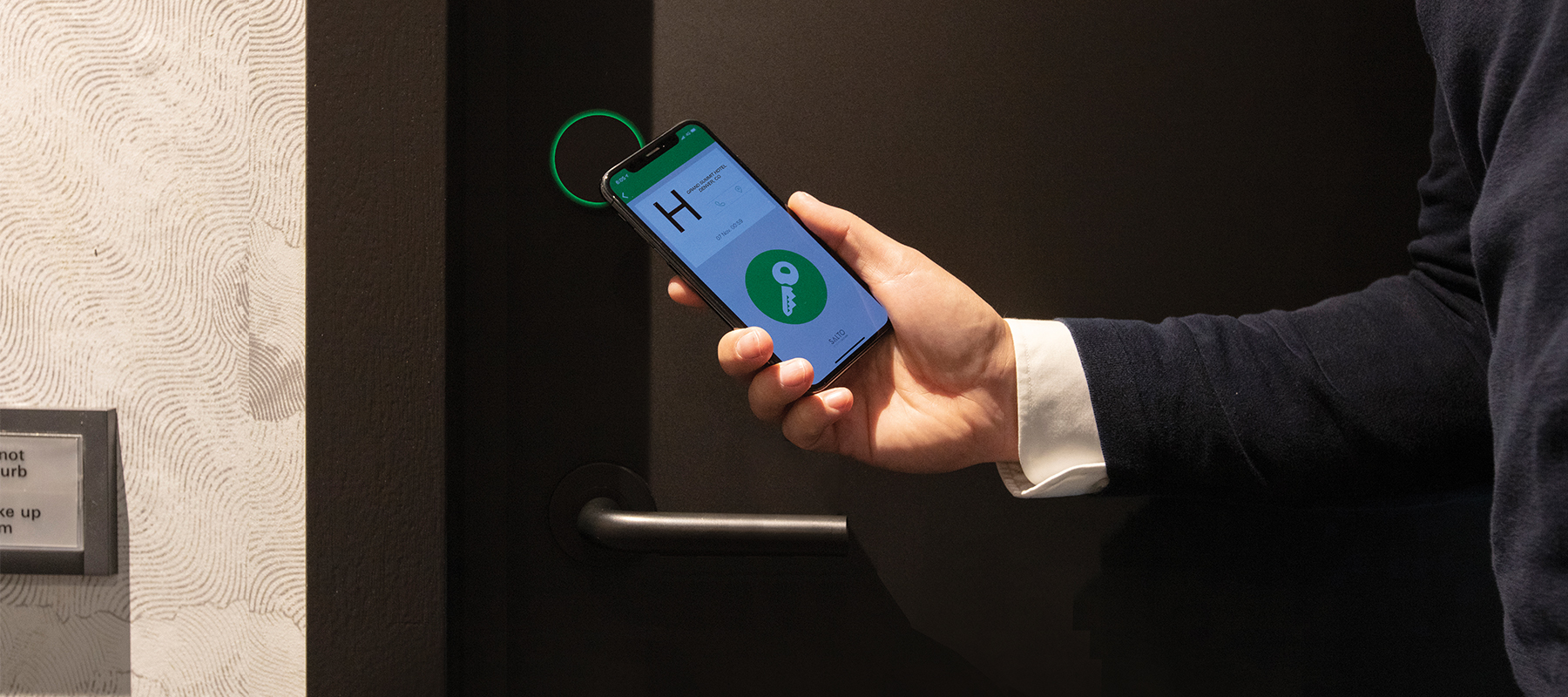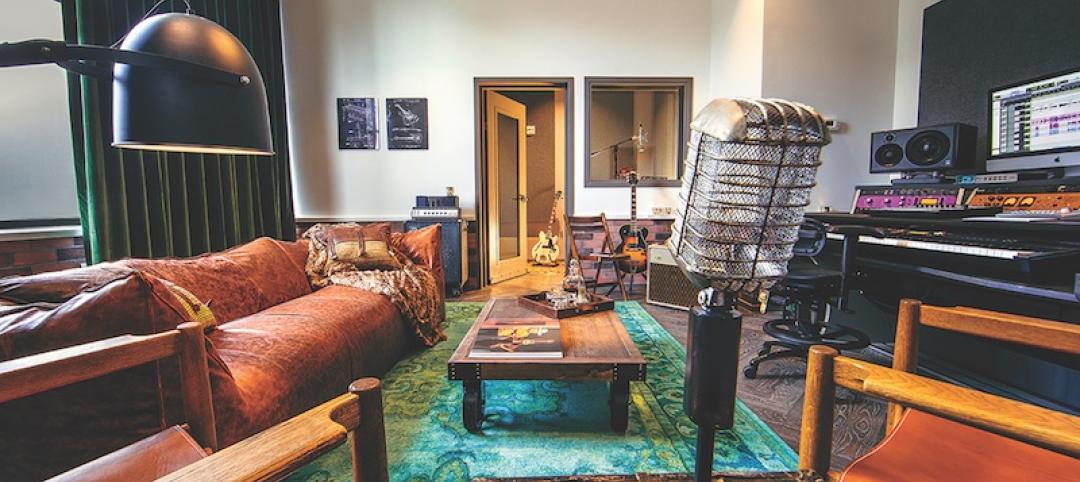Digital guest keys have come of age, overcoming many early hurdles, including technical issues, compatibility, and user adoption. Today, digital keys, accessed through a guest's smartphone, are becoming commonplace at upscale hotels and resorts and are expected to boom in popularity over the next few years. Research suggests that by 2025, mobile key adoption rates could soar above 70% in hotels worldwide. This shift is indicative of a broader trend: as people become increasingly reliant on their smartphones for a myriad of daily tasks, mobile keys are poised to become the new standard in the hospitality sector.
Enhancing Guest Experience and Efficiency
Cornell University’s School of Hotel Administration has highlighted the impact of waiting times on guest satisfaction, noting that a mere five-minute delay at check-in can cut guest satisfaction by as much as 50%. The advent of online check-in, coupled with the deployment of digital room keys, offers a solution. This technology allows guests to skip the front desk entirely and head straight to their rooms, significantly enhancing their overall experience by saving time and reducing stress.

Beyond Convenience: Safety and Operational Benefits
Digital keys offer more than just convenience; they are a cornerstone for enhancing guest safety and streamlining hotel operations. Their integration with smart home technology and the Internet of Things (IoT) is particularly noteworthy. Modern hospitality apps, when used in conjunction with mobile keys, enable guests to control various aspects of their room environment, such as lighting, temperature, and entertainment systems, directly from their smartphones. This integration creates a unified, seamless experience, allowing guests to unlock their rooms, adjust settings, and access hotel amenities through a single application.

For hoteliers, the transition to digital keys represents a dual benefit. Not only does it streamline the check-in process, but it also frees up staff to focus on providing more personalized and attentive service to guests. As technological advancements continue, it's clear that digital keys are set to become a standard feature in the hospitality industry, linking every aspect of the guest experience together.
Digital key technology represents an important step forward for the hospitality industry. The advantages for both hotels and guests ensure that mobile keys will play a key role in the industry's future.

Security Advantages of Digital Keys
Security and privacy are paramount in the digital age, and digital keys excel in these areas. Traditional keys and plastic key cards are prone to being copied, lost, or stolen. In contrast, digital keys offer a higher level of security, as access is granted through guests' smartphones, which are usually protected by passcodes or biometric authentication. Advanced encryption protocols ensure that digital keys are unique to each guest and securely managed, mitigating the risk of unauthorized access.
"Our priority at Salto, is to empower our hotel customers to deliver an outstanding and secure guest experience, by leveraging cutting-edge security features and ensuring the highest standards of safety," says Roland Smith, Hospitality Industry Solutions Leader at Salto.
Economic and Environmental Impacts
Beyond enhancing security, digital keys are also economically beneficial for hotels. They reduce the need for front desk staffing and lower the overall cost of key management. Physical keycards, which can cost hotels between $2 and $10 each, are replaced by digital keys, which incur virtually no marginal cost. This shift not only saves money but also aligns with environmental sustainability efforts by reducing plastic waste.

The transition to mobile keys, while initially challenging due to upfront costs and training requirements, is a strategic investment for the future of the hospitality industry. Digital keys promise to improve the guest experience by making hotel stays more efficient, personalized, and secure.
Unlocking the Future: A Transformative Trend in Hospitality
Mobile keys are an exciting innovation for the hospitality industry that provides numerous benefits for hotels and guests. While switching to mobile keys involves challenges like upfront costs and learning curves, the long-term benefits make it a worthwhile investment.
In conclusion, the shift towards mobile room keys in the hospitality industry is a trend driven by the growing dependency on smartphones and the demand for seamless, secure, and efficient guest experiences. Digital keys are transforming hotels into smarter, more connected spaces, where the emphasis is on ease, personalization, and security. As this technology continues to evolve and integrate with other smart systems, its role in reshaping the hospitality landscape will undoubtedly expand, marking a significant step forward in how hotels operate and serve their guests.
The future of hotel access technology is the ability to improve the guest experience and to make hotel operations more efficient—mobile keys make this a reality.
Related Stories
Hotel Facilities | Feb 8, 2018
Nashville hotel takes authenticity to the extreme with dedicated recording studio, performance spaces
Music City has experienced a hotel construction boom in recent years, making for a more competitive market.
Hotel Facilities | Jan 24, 2018
U.S. hotel markets with the largest construction pipelines
Dallas, Houston, and New York lead the way, with more than 460 hotel projects in the works.
Hotel Facilities | Nov 10, 2017
The hotel of the future has just the right amount of tech
CallisonRTKL’s recent survey helps shed some light on how the hotel of the future might strike a balance between tech and the human touch.
Hotel Facilities | Oct 6, 2017
This year’s Radical Innovation Award winners showcase portable and flexible hotel designs
The grand prize hotel concept gives new meaning to “back to nature.”
Adaptive Reuse | Oct 5, 2017
Wexford’s latest innovation center breaks ground in Providence
The campus is expected to include an Aloft hotel.
Giants 400 | Sep 22, 2017
Welcome home: Hotels want guests to feel more like residents than visitors
Because hotels can take as long as six years to complete, spotting trends—and differentiating them from fads—is tough when tastes and systems change so rapidly.
Giants 400 | Sep 22, 2017
Top 80 hotel construction firms
Turner Construction Co., Swinerton, and The Whiting-Turner Contracting Co. top BD+C’s ranking of the nation’s largest hotel sector contractor and construction management firms, as reported in the 2017 Giants 300 Report.
Giants 400 | Sep 22, 2017
Top 30 hotel engineering firms
NV5 Global, WSP, and DeSimone Consulting Engineers top BD+C’s ranking of the nation’s largest hotel sector engineering and EA firms, as reported in the 2017 Giants 300 Report.
Giants 400 | Sep 22, 2017
Top 60 hotel architecture firms
Gensler, WATG and Wimberly Interiors, and HKS top BD+C’s ranking of the nation’s largest hotel sector architecture and AE firms, as reported in the 2017 Giants 300 Report.
















